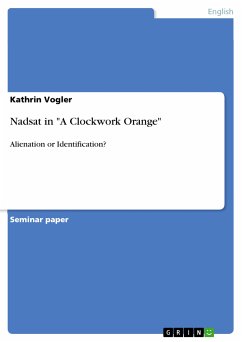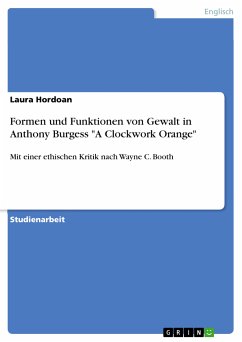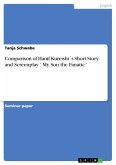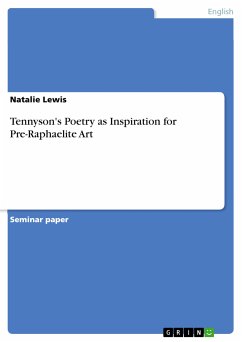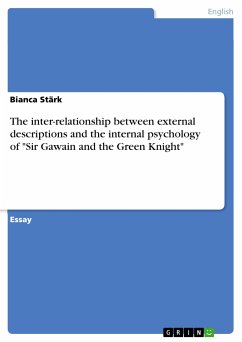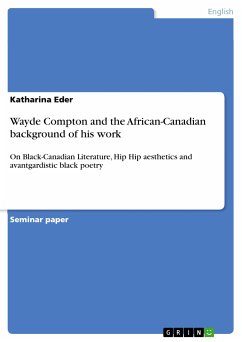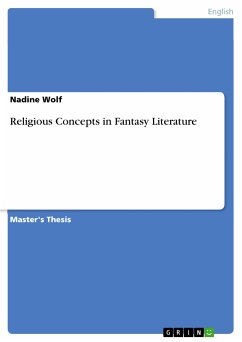Seminar paper from the year 2009 in the subject English Language and Literature Studies - Literature, grade: 2,3, University of Bamberg (Lehrstuhl für Englische Literaturwissenschaft), course: Literature into Film - The Case of Stanley Kubrick, language: English, abstract: The dystopian novel A Clockwork Orange, written by Anthony Burgess, was published in 1962. Stanley Edgar Hyman suggests that “perhaps the most fascinating thing about the book is its language”. I agree with him and therefore I set myself to examine this special language called Nadsat in my term paper. The second chapter deals with important features of Nadsat, e.g. its origin. Herein I will touch upon Burgess’s inspiration to create a new language for his novel and point out languages that contributed to the evolution of Nadsat. Ongoing I will go further into the question whether Nadsat can be considered being slang by giving a definition of slang, describing reasons for this linguistic phenomenon and naming typical features of it. Furthermore I will have a look at particular words, phrases and motives which are frequently repeated in the novel and explain the reasons for that. The last feature I will pay attention to is how Nadsat handles sexuality. The concern of the third chapter is to find out which function Nadsat holds in the novel. Herein I will distinguish between the language of a criminal and the language of an aesthete with regard to the main character Alex. The fourth and last chapter serves my purpose to find out whether Nadsat creates alienation or identification. That is whether the reader turns away from Alex being disgusted by his actions and language or whether the reader leans towards Alex sympathizing with him and constructing a kind of alliance. For I placed great value on the connection between my term paper and the original text edition of A Clockwork Orange, I chose not to use much secondary literature but to work primarily with the Reclam edition released in 1992 which I will refer to as ACO.
Bitte wählen Sie Ihr Anliegen aus.
Rechnungen
Retourenschein anfordern
Bestellstatus
Storno

